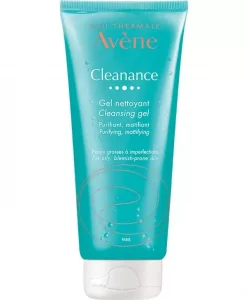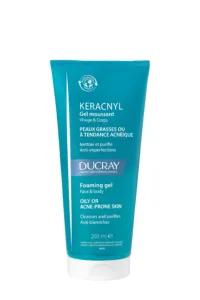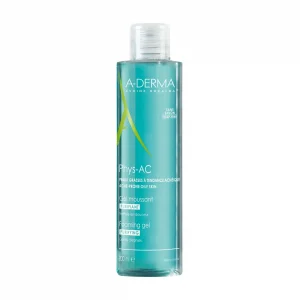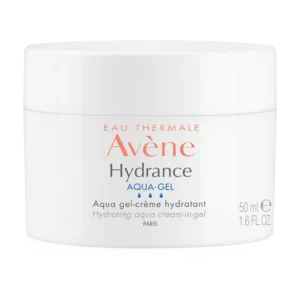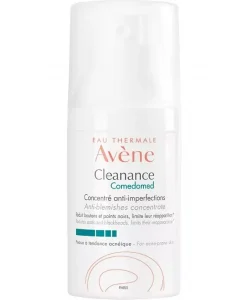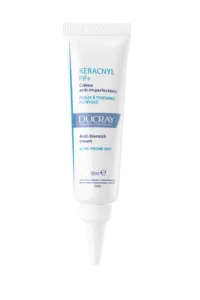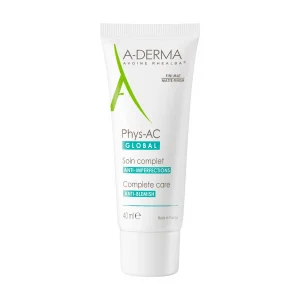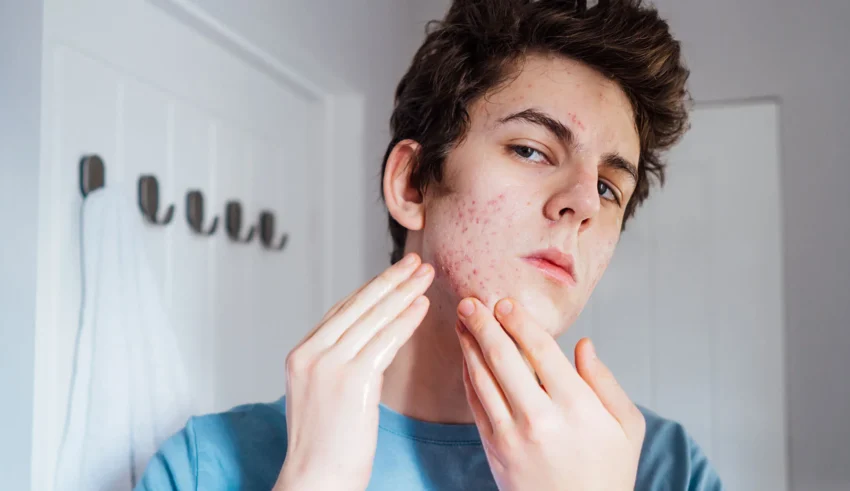
Acne is a common condition faced by many teenagers. While most teenagers experience acne at one time or another, your child may be embarrassed by it. As a parent or guardian, it’s important to take your teen’s feelings about acne seriously. Acne can lead to low self-esteem and distress in teenagers. By helping your teenager manage his or her acne, you can make this period less stressful and reduce the long-term effects of acne. Read on to learn more!
What is juvenile acne?
Juvenile acne is the most common type of acne. It’s also known as teenage acne, because it affects teenagers and pre-teens, generally between the ages of 12 and 20.
N.B.: This does not mean that juvenile acne lasts 8 years! Some people develop acne very early, others later. It all depends on the onset of puberty.
Juvenile acne is often described as polymorphic or mixed because different types of pimples coexist: blackheads, whiteheads, and redheads. The skin is often oily and pores are dilated.
Juvenile acne is linked to puberty and the production of sex hormones, including androgens. These male hormones are also present in girls and stimulate the sebaceous glands that produce sebum.
Who gets juvenile acne?
Juvenile acne affects around 80% of teenagers and pre-teens. It’s perfectly normal to have pimples as a teenager – it’s a stage that most people have to go through. But acne pimples shouldn’t stop you from living your life to the full and being happy!
Acne is common among teenage girls and boys, although boys are affected later (around age 14) and sometimes more severely.
Juvenile acne affects all types of teenagers: those with or without a family history of acne, those with or without neonatal acne, and those with fair, dark, or mixed skin.
What causes acne in children and what are its symptoms?
The cause of acne is not fully understood. Acne is linked to:
- Hormonal changes during puberty, pregnancy, and the menstrual cycle
- Increased levels of male sex hormones (androgens) in boys and girls during puberty, leading to increased sebum and dead skin cells.
- The use of make-up or cosmetic products that clog pores
- Using certain products to wash the skin
- Wearing clothes that rub or irritate the skin
- High levels of humidity (hygrometry) and perspiration
- Taking certain medications, such as corticosteroids.
Acne can appear anywhere on the body. It is most common in areas where there are more sebaceous glands, such as :
- face
- chest
- upper back
- shoulders
- neck
Symptoms may manifest themselves differently in each child. They may include:
- Small flesh-colored or white bumps (whiteheads)
- Small, dark-colored bumps (blackheads)
- Red, pus-filled pimples that can hurt
- Solid, raised bumps (nodules)
- Darker areas of skin
- Scars.
The symptoms of acne can resemble those of other diseases. Make sure your child sees his or her doctor for a diagnosis.
How is acne treated in children?
Treatment depends on the child’s symptoms, age, and general state of health. It also depends on the severity of the disease. Acne treatment aims to improve the appearance of the skin and reduce the risk of scarring.
- Ask your teenager to use a mild cleanser twice a day to wash his face.
You should recommend a gentle, fragrance-free cleanser that will cleanse your teen’s skin without irritating it. Avoid harsh soaps or cleansers that strip the skin of its natural oils, as they can exacerbate acne.
Our choice of products:
Eau Thermale Avène Cleanance Cleansing Gel
Ducray Keracnyl Foaming Gel
A-Derma Phys-AC Foaming Gel
- After washing the skin, let him moisturize his skin.
The key to keeping pores clear is to choose non-comedogenic, oil-free moisturizers. A hydrated skin is better prepared to fight acne and heal existing blemishes.
Our choice of product:
Eau Thermale Avène Hydrance Aqua-Gel
- Remind your teenager to use an acne treatment.
Consider topical treatments that target acne, such as benzoyl peroxide, which kills acne-causing bacteria, and topical retinoids, which help regulate skin cell turnover and reduce inflammation.
Our choice of products:
Eau Thermale Avène Cleanance Comedomed
Ducray Keracnyl PP+ Anti-Blemish Soothing Cream
A-Derma Phys-AC Global
- Don’t let him touch or scratch problem areas.
This can trigger acne, lead to infections, and cause scarring.
- Protect skin from the sun.
Sun exposure can aggravate acne, and some medications make the skin sensitive to the sun’s rays. If your teen plans to go out in the sun, ask him or her to apply sunscreen.
Our pick:
Eau Thermale Avène Cleanance Sunscreen SPF 50+
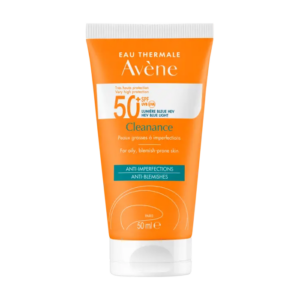
- Avoid excessive amounts of cosmetics.
Cosmetics can clog pores and aggravate acne.
- Protect skin from objects that create friction or pressure.
Examples include telephones, helmets, backpacks, tight collars, and suspenders.
- Help your teenager manage and reduce stress.
Stress can lead to acne breakouts.
What are the possible complications of acne in children?
Acne can lead to self-esteem and emotional problems. It can lead to depression, anxiety, and even suicidal thoughts. Severe or long-lasting acne can cause scarring.
Serious infections can also develop.
Key points about acne in children
- Acne is a disorder of the hair follicles and sebaceous glands.
- Acne can occur when pores become clogged with dead skin cells and sebum. Bacteria normally found on the skin can also enter the blocked pores.
- Most teenagers and young adults between the ages of 11 and 30 will experience acne at one time or another.
- Over-the-counter and prescription medications are available to treat acne.
- Acne can have an emotional effect. It can lead to depression, anxiety, and even suicidal thoughts.
- Severe or long-lasting acne can lead to scarring.
Living with acne
Acne can be a long-term condition. Early treatment can help prevent or alleviate severe acne. Help your child by:
- Reminding him not to pick, pinch, or squeeze acne, which can spread infection and cause scarring.
- Talking to his healthcare provider if over-the-counter treatments aren’t working.
- Consider taking him to a dermatologist if acne is severe or long-lasting.
- Making sure he stops acne treatment slowly, not quickly, once the acne is gone.Making sure he takes regular, gentle care of his or her skin.
Last Updated on May 9, 2024
